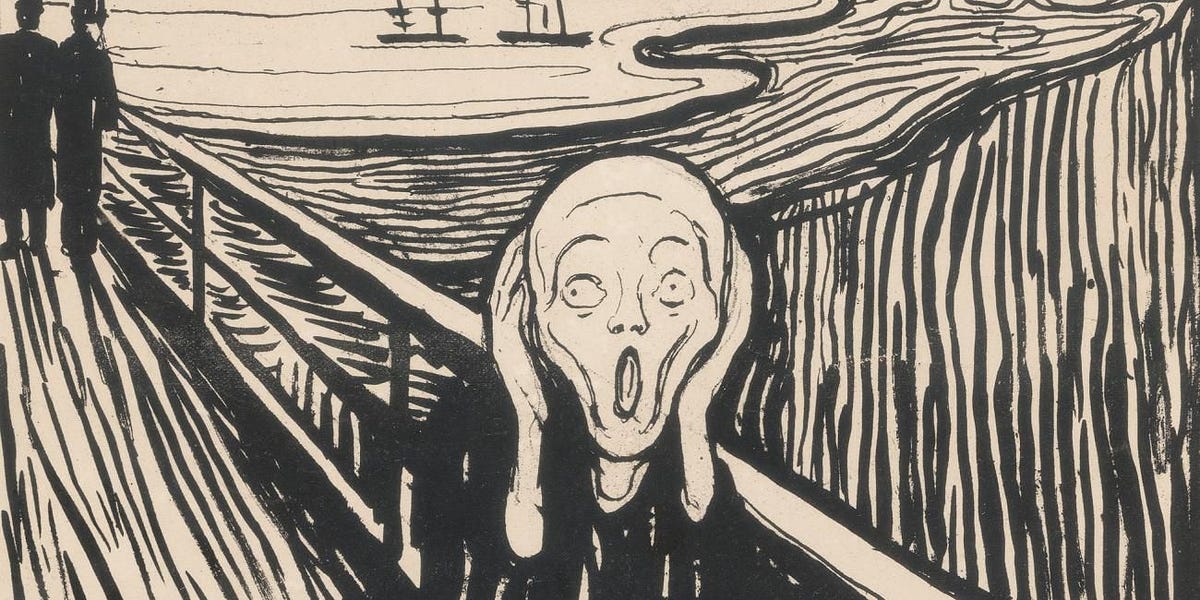
Panic Among the Streamers

The market has reacted. So just to give you an idea, I mean 2014 was really the year where we started to see Spotify was the leader in this industry scale. It was founded in 2006, but it's first five, 10 years of existence, it was a much smaller business, just trying to A, get the access to the content that it needed and then B, just to build it ou... See more
Colossus • Universal Music Group: The Gatekeepers of Music
Sixian added
sari and added
While musicians faced an existential crisis during a pandemic, Spotify CEO Daniel Ek’s ownership stake in Spotify climbed to be worth over $4 billion. In order to earn $4 billion, a musician earning the median wage of $25,000 would have to work for 160,000 years – in other words, they’d have to have started working before human history began.
Austin Robey • Ways to improve the ownership economy — Mirror
sari added
Spotify is rolling up the internet audio market, which their CEO, Daniel Ek, thinks will grow from $100 billion in revenue a year to somewhere near the video market, which is $1 trillion. People spend about the same amount of time consuming audio as video content. “Are our eyes,” he asks, “really worth 10 times more than our ears?”
Matt Stoller • Will Spotify Ruin Podcasting?
sari added
The streaming economy doesn't work for artists. In 2019, only 12% of music industry revenues went to artists. And, in Spotify's investor relations reports, payouts to rights holders are labeled as "cost of revenue" or "content costs".
docs.ampled.com • Streaming Economy: Defaults & Alternatives
sari added
There is an overload of music. 60,000 songs are uploaded to Spotify every day. Over 20% of those don’t get streamed even once. The ubiquitous access to almost every piece of recorded music in history has led to a paradox of choice, promoting passive and playlist-driven music consumption and creating winner-take-all effects for the biggest artists.
Yash Bagal • A New Funnel for Music
sari and added
In other words, streaming is a lot more profitable for all the actual value creators after we bypass these technopolies.
Ted Gioia • If I Ran a Major Record Label...
Faith Hahn added
This behaviour has been greatly exacerbated by the advent of a new and even more disruptive digital music technology: on-demand streaming. While iTunes was technically innovative, its business model was not.
Matthew Ball • How Technology Shapes Content and Business Models (Or Audio’s Opportunity and Who Will Capture It) — MatthewBall.co
sari added